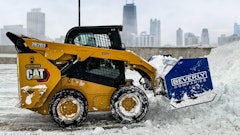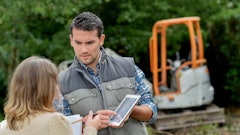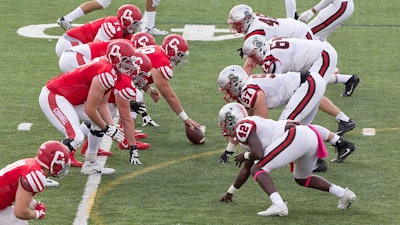
Sports teams might have great, extremely skilled individual players, but the only way they win is when they play together. The same is true for teams within landscape businesses. Unfortunately, many landscape employees don’t feel like they are part of a team because the organizations they work for aren’t doing anything to intentionally develop teamwork.
“They might get jostled around from crew to crew,” explains Phil Harwood, CEO of Pro-Motion Consulting and principle with GrowTheBench.com. “They might feel like they are just doing a job and punching a clock.”
As this progresses, what happens over time is “the company misses out on all the great energy or contribution that could be gained from an employee who is really all in,” Harwood says. “That only happens when they feel like they are part of a team.”
Five Characteristics that Breed Teamwork
When workplace teams work, they shine. But when workplace teams don’t work, projects suffer, along with employee morale. All of this can lead to employee turnover and lost clients. While there isn’t one secret for creating effective workplace teams, Harwood says there are five things you can do to better your chances of improving the team dynamics in your organization:
- Develop trust. Your team members need to trust each other to share their weaknesses, and ask for help when they need it and assist others in need. With trust, team members don’t develop defensive behaviors.
- Encourage debate. Teams that lack trust are incapable of having passionate, productive debates about things that matter. People that don’t care create artificial harmony; it may seem OK, but it’s not. In a company in which employees don’t express their opinions, inferior decisions often rise above the best ones.
- Build commitment and buy-in. People who share ideas and help make decisions develop a commitment to the company. Without healthy conflict, this doesn’t exist.
- Breed accountability. In a well-functioning team, each team member holds each other accountable. Have progress measurements for each person, as well as the team, so everyone knows what needs to be done by whom and when. When team members don’t know the plan and, therefore, don’t buy into the plan, they aren’t going to hold each other accountable.
- Become results-oriented. A team can only become results oriented when all team members place the team’s results first. Make team results clear and reward behaviors that contribute to the team’s results.
Good People Make Good Teams
“Successful teamwork is not about mastering subtle, sophisticated theories, but rather about combining common sense with uncommon levels of discipline and persistence,” explains Patrick Lencioni, author of The Five Dysfunctions of a Team. “Ironically, teams succeed because they are exceedingly human. By acknowledging the imperfections of their humanity, members of functional teams overcome the natural tendencies that make teamwork so elusive.”



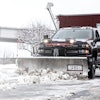
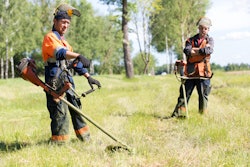


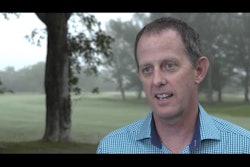



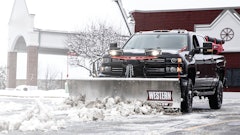
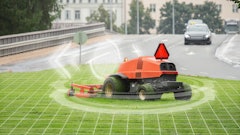


![Gravely Pro Turn Mach One My23 Dsc03139 Edit 1200x800 5b2df79[1]](https://img.greenindustrypros.com/mindful/acbm/workspaces/default/uploads/2025/10/gravely-pro-turn-mach-one-my23-dsc03139-edit-1200x800-5b2df791.BucBnDoN22.jpg?ar=16%3A9&auto=format%2Ccompress&fit=crop&h=135&q=70&w=240)
